The Queer Experience: Coming Out
October 15, 2020
Every year on October 11, LGBTQ+ Americans celebrate National Coming Out Day. Coming out is a pivotal moment for someone whose identity exists outside of society’s norms. However, coming out is rarely a simple one time occurrence, and the journey to it is rarely linear. Coming out is a continuous process that most queer people will have to do for the rest of their lives. It comes in stages, and no two queer experiences are the same.
The initial step of coming out to oneself is seldom simple, despite what many stories may express. For many there is a moment or time period of realization or exploration, often following months or years of denial before a person’s identity becomes clear. Still, this first coming out can be just as important as telling other people.
Mikey Merchant, a nonbinary sophomore, spent years exploring identities before settling on their current labels. “For me, finding an identity took a lot of trial and error. I would settle down on one label only to realize something new about myself that completely changes my identity. My labels changed pretty frequently, and eventually I found an identity that just clicked, but that still might change in the future,” they said.
Realizing who you are and understanding the lack of support you may receive can be really hard too.
“My grandmother recently said to me, ‘Are you a queer or something?’ after saying that I wasn’t that interested in guys right now. Afterwards, she brushed it off as a joke because I’m ‘too good to be one of them.’ This made me pretend to like guys around everyone I’m not out to,” said a queer freshman who asked for anonymity.
Beyond the matter of self discovery, there’s the decision to share your identity with a world that largely doesn’t support it. No matter who it is, this coming out is usually accompanied with varying levels of fear.
“Even when you know that they love you, and that they support you, no matter what, it’s still scary to have even the possibility of them being homophobic,” Clara Del Vecchio, a bisexual sophomore, explained.
“[Coming out] took me a long time, about 4 or 5 years,” said Ari Priest, a transgender girl in their sophomore year. “I cared so much about what people thought about me and I was already getting bullied, cyberbullied and threatened once I started middle school.”
And this fear is justified. Not every coming out will go well, and not every identity will be met with support.
“I kinda skedaddled back into the closet for my parents, I didn’t want to make things more complicated than they already are,” transgender sophomore Collin Kane explained.
The positivity of coming out to supportive friends, however, has far outweighed Collin’s negative experience with his family. “It’s always a relief when you don’t instantly die,” he joked. “But the first time someone uses your chosen name is just- perfect.”
“I’m a lot less shy now that I know my identity and care less about people’s opinions,” Calvin Del Vecchio, a pansexual junior, said when asked about how coming out affected him. “I’m a lot more comfortable introducing myself as pan and I don’t feel bad about flirting with guys if they’re comfortable with it.”
“[Coming out] was a relief,” said Aurelia Harrison, a nonbinary freshman, and everyone else interviewed agreed. It’s scary, and it’s stressful, and it might change a lot. But in the end, if you’re safe to do so, coming out can be one of the most beautiful experiences of being queer.


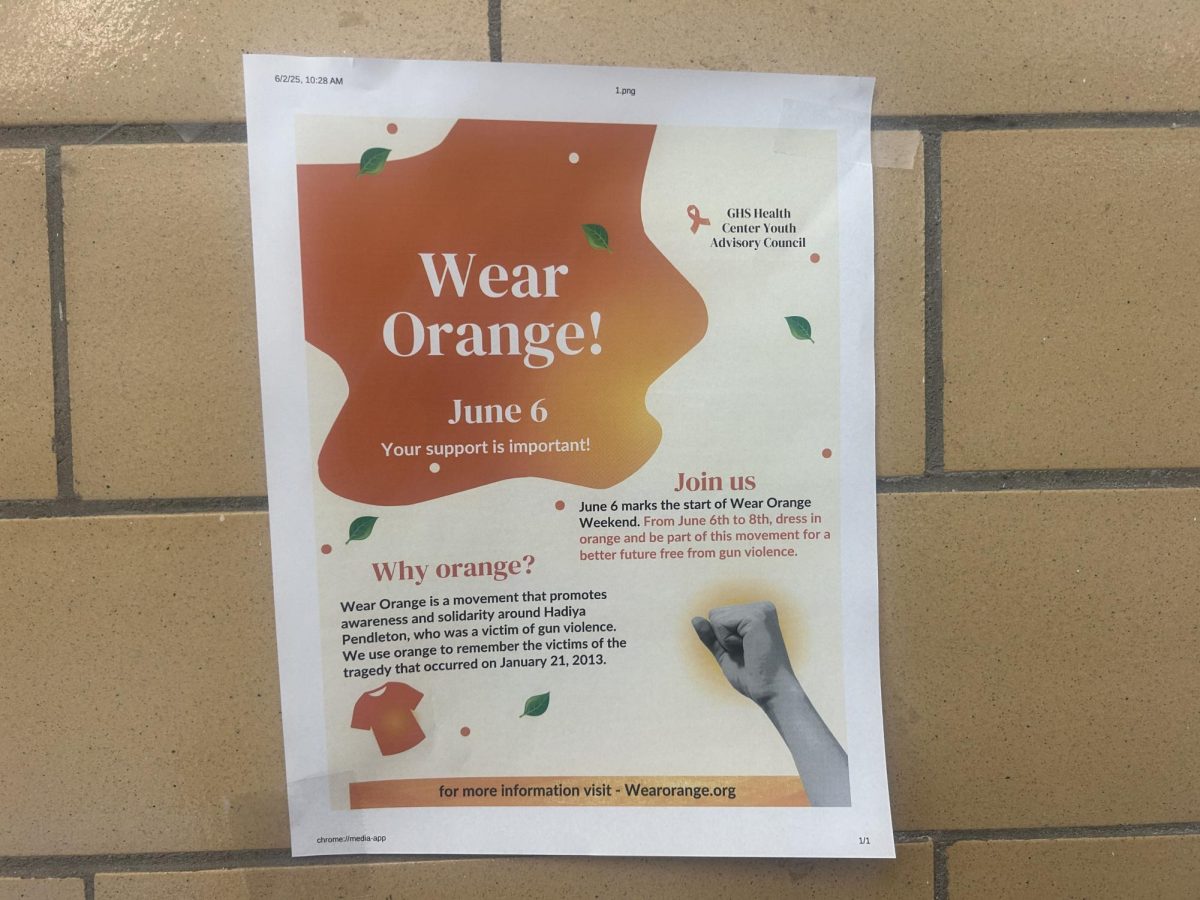





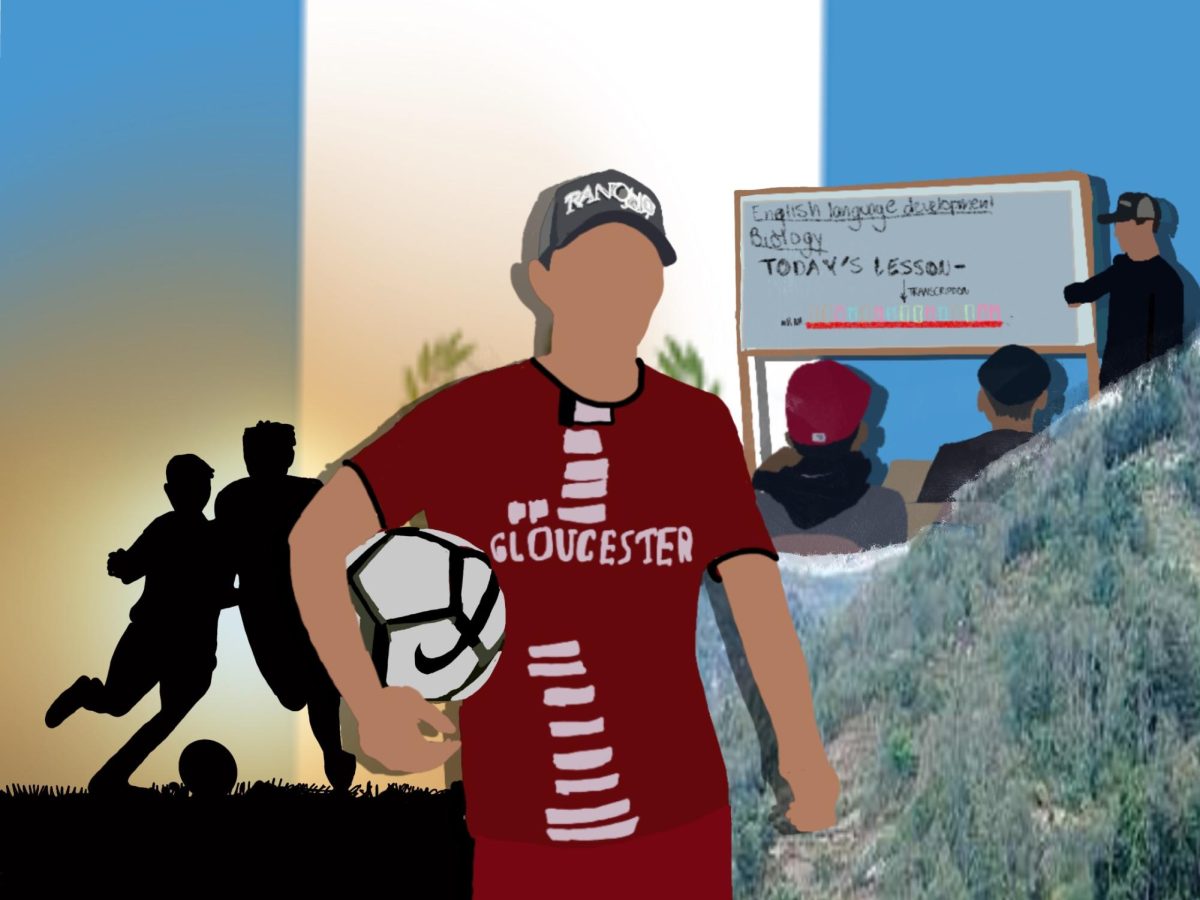
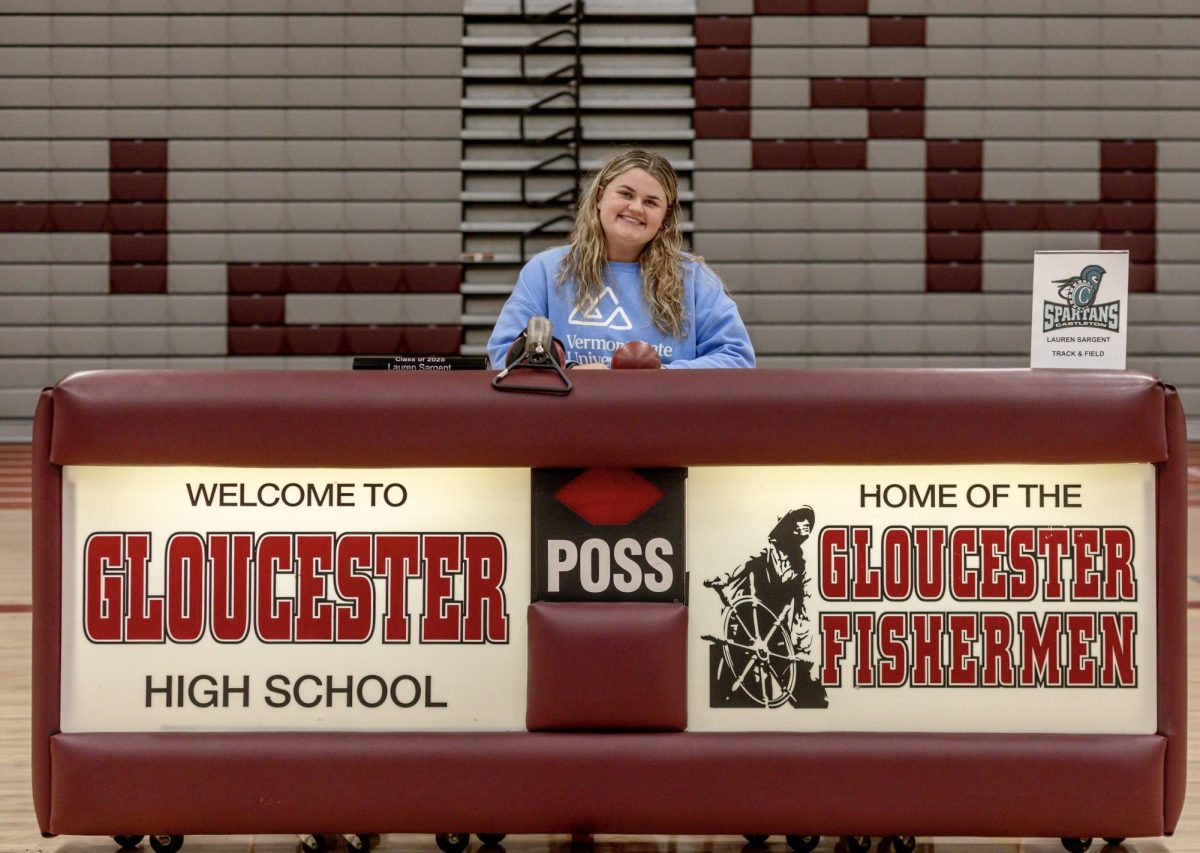
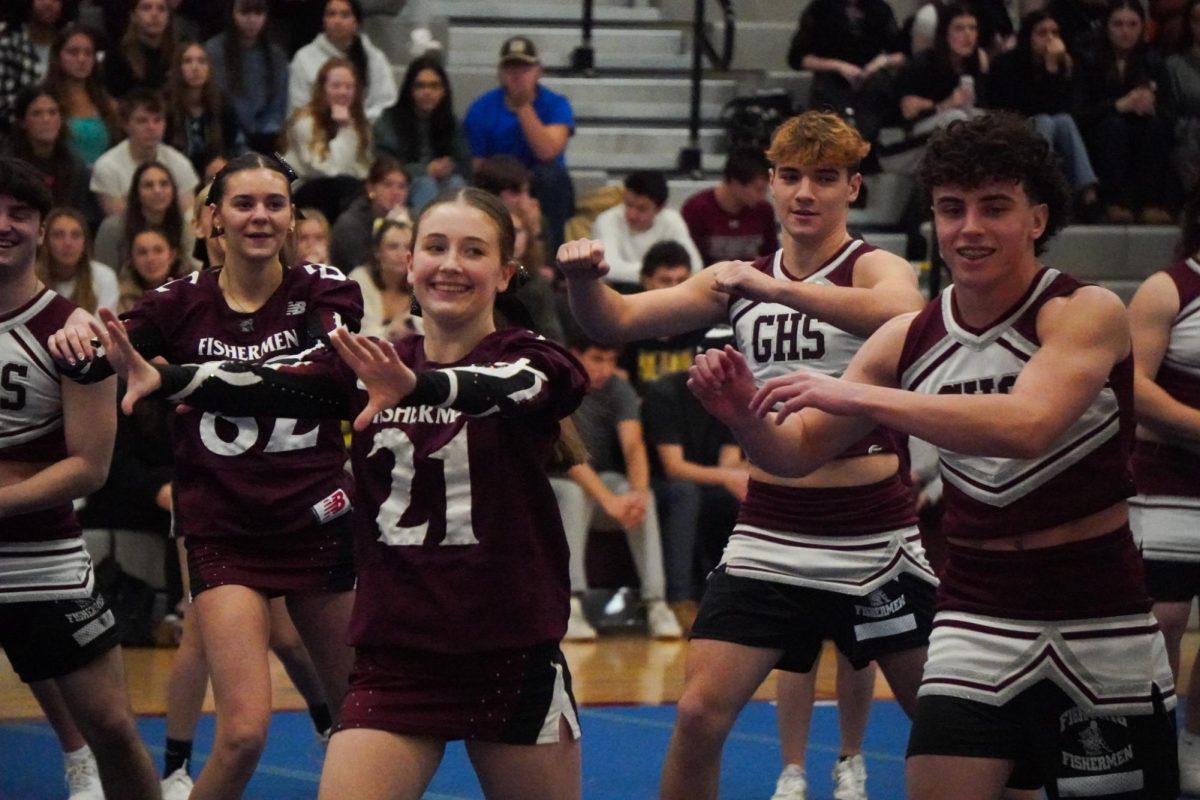
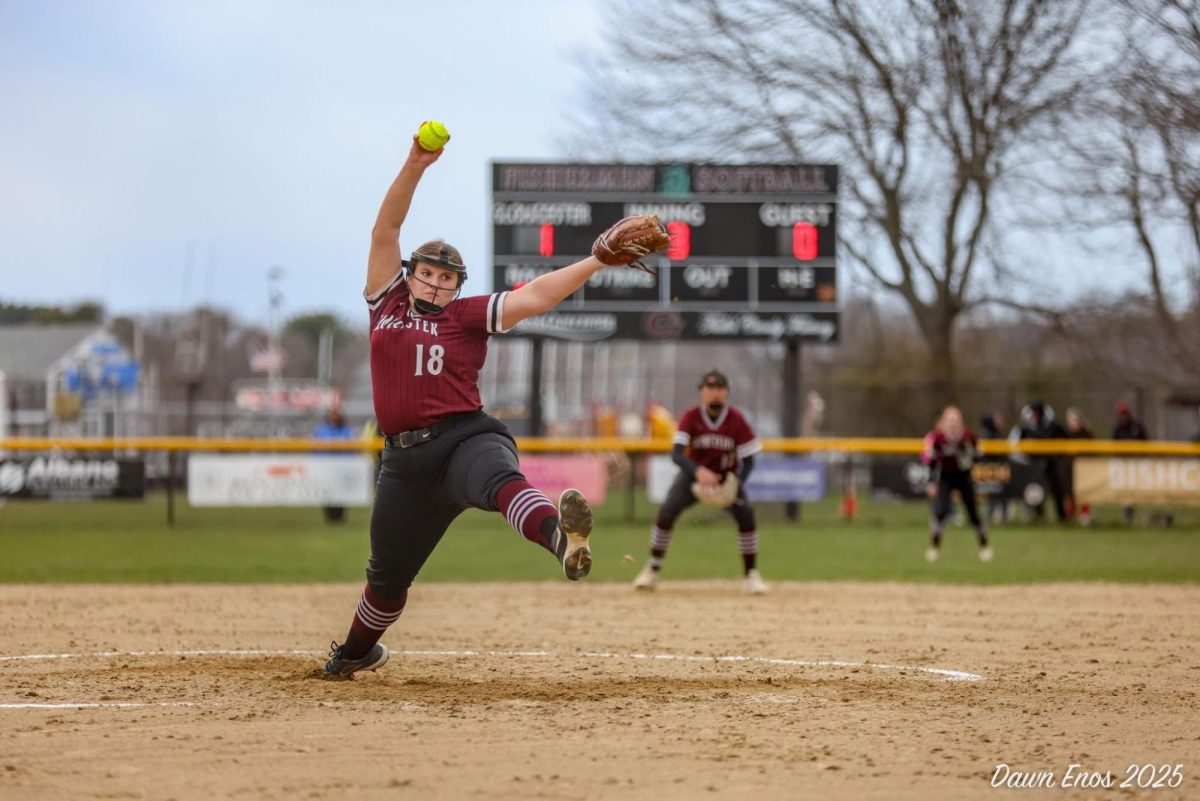
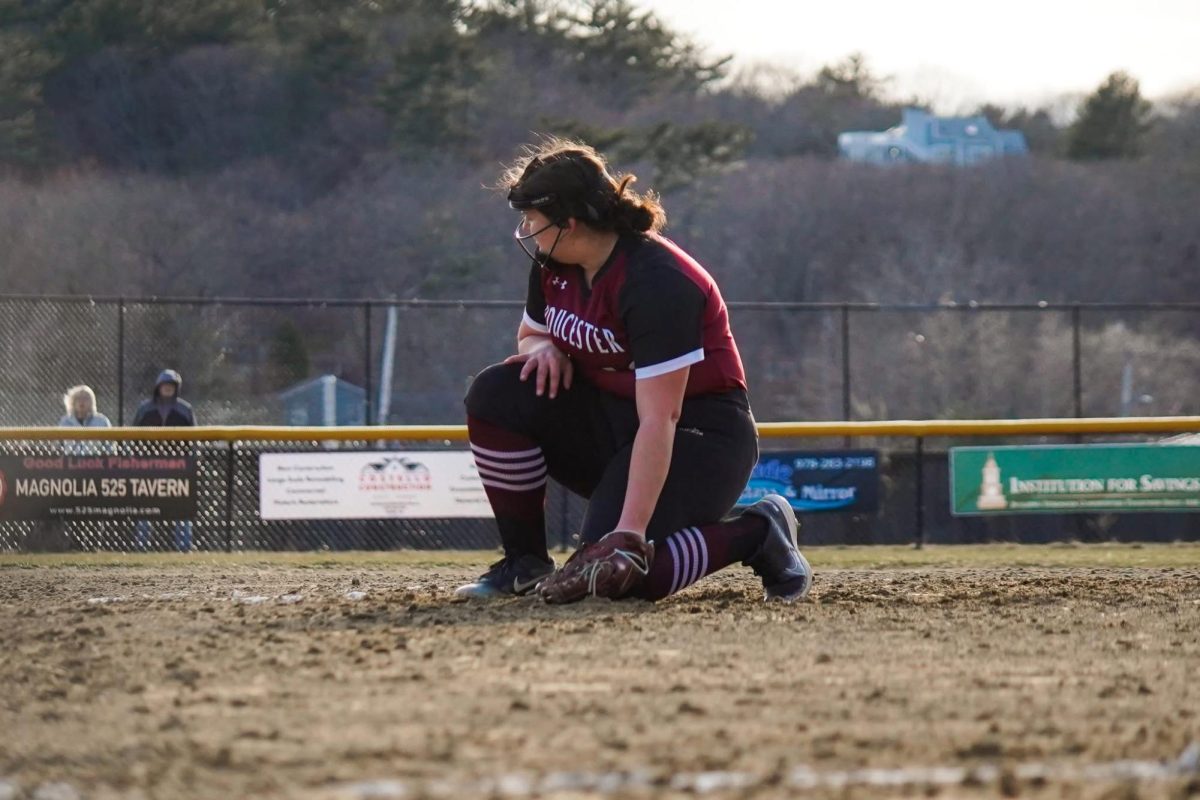
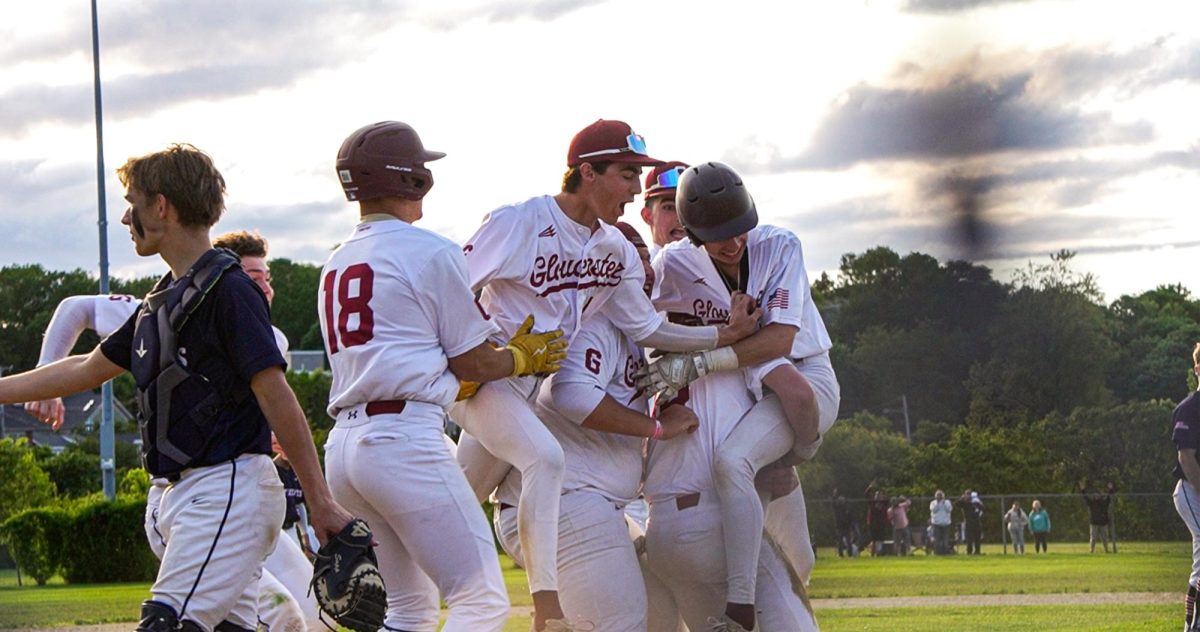




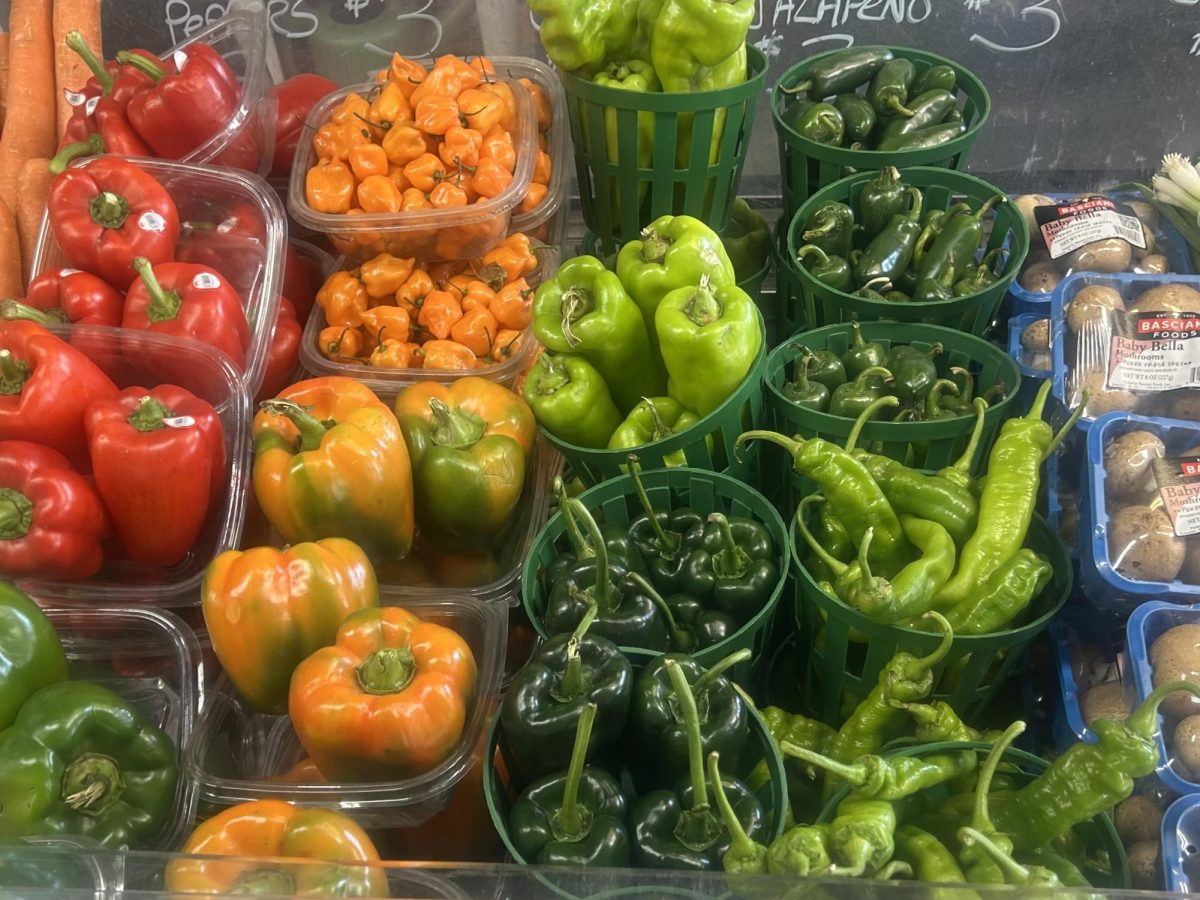
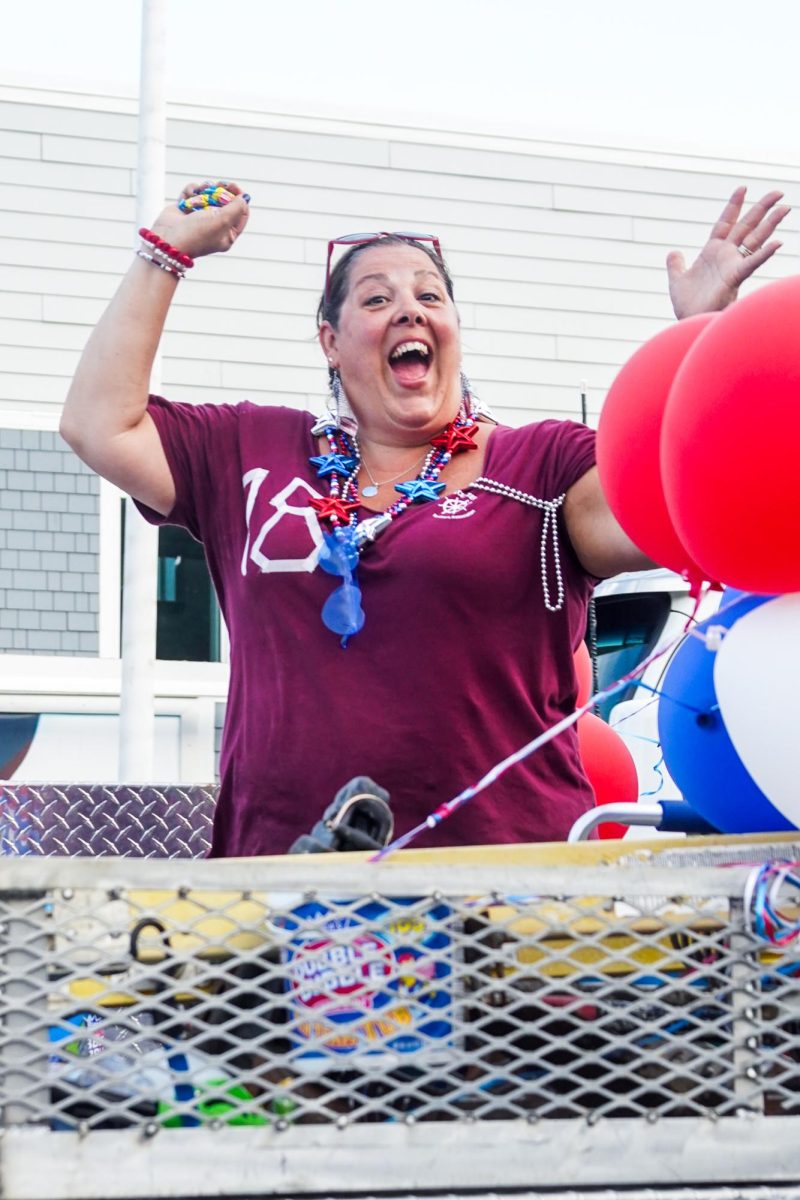



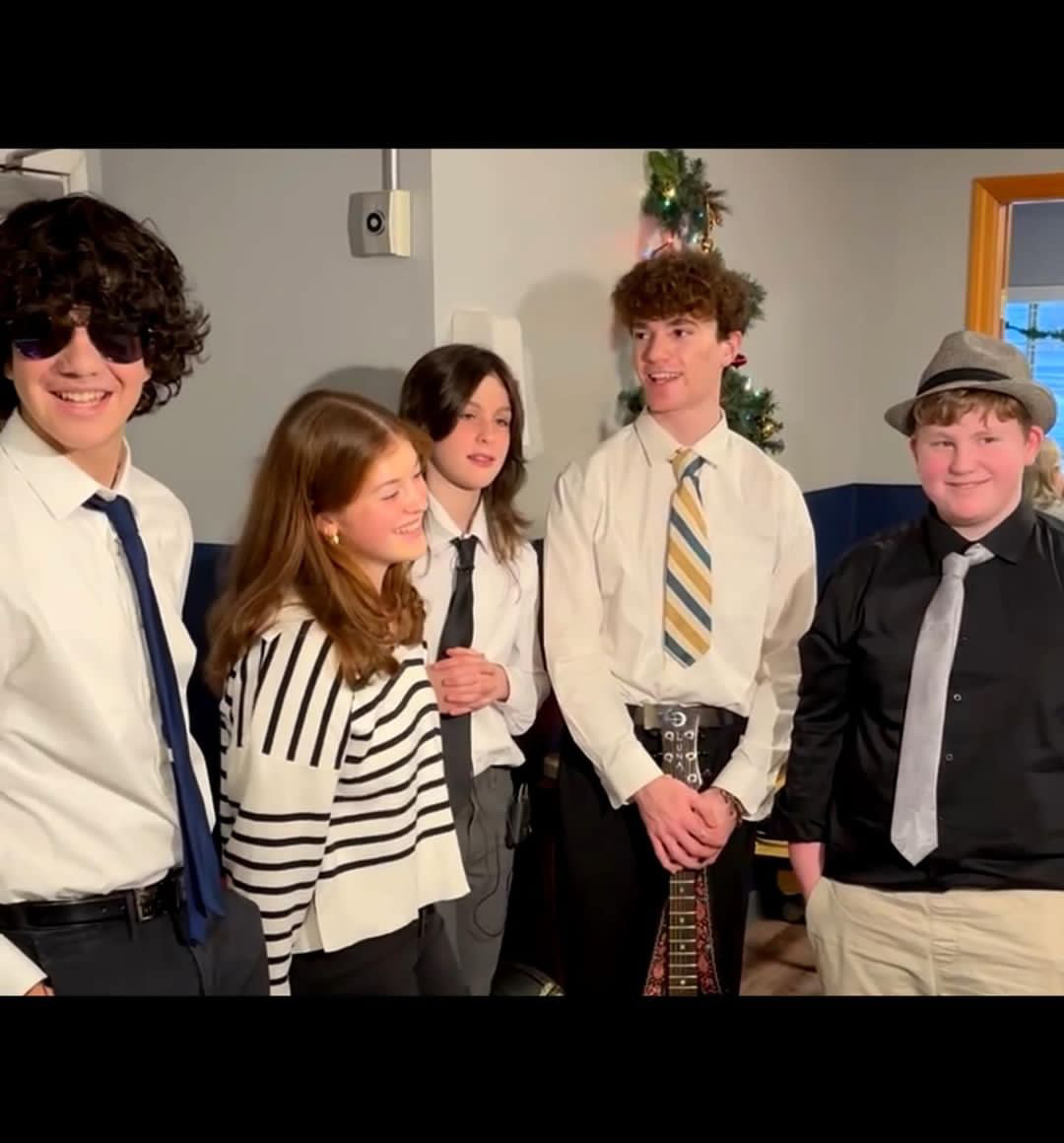





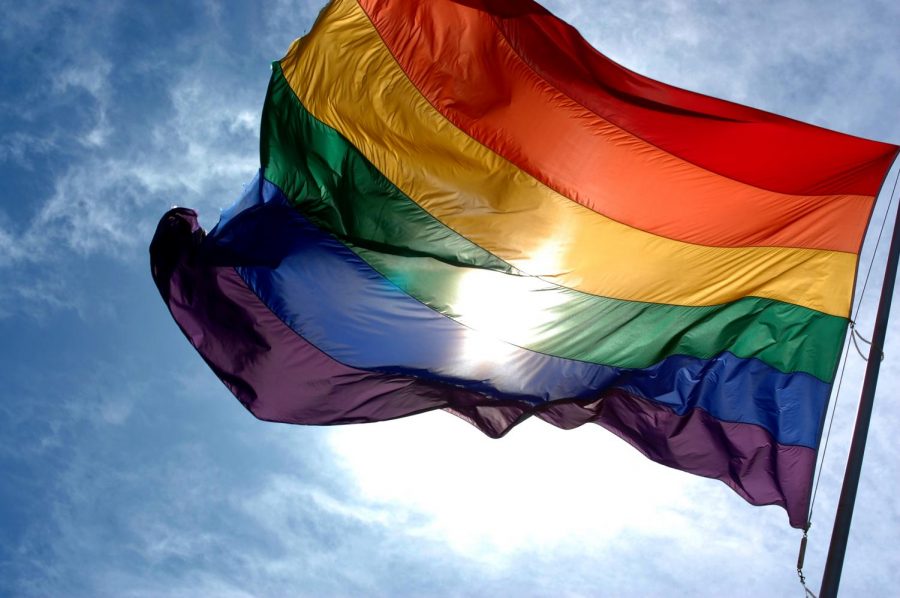
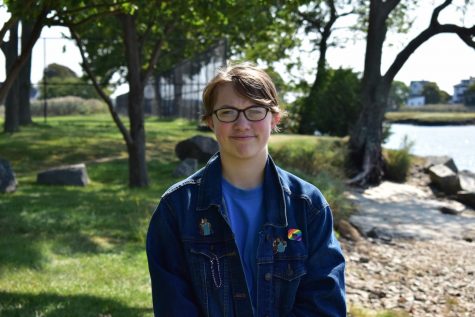

Heather Stewart • Oct 26, 2020 at 8:59 pm
Every individual interviewed for this article is my hero. To know who you are and to be able to express that is so empowering. I hope you find that “coming out” provides avenues for discovery, opportunity, and a worldview that you might not have found at such a young age. At the very least, being queer can be really fun. Take my word for it.